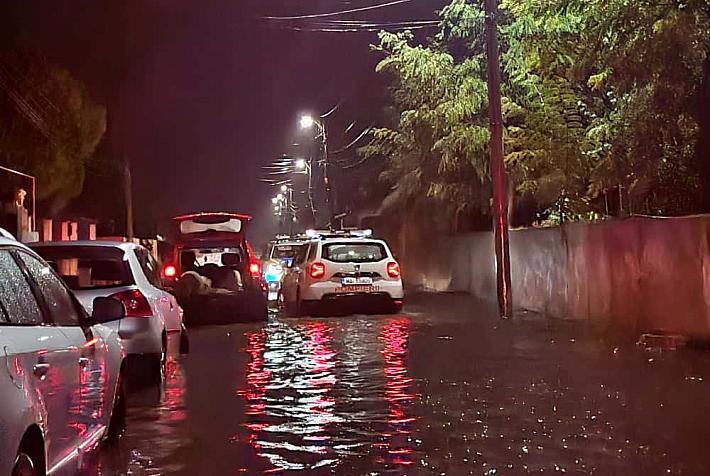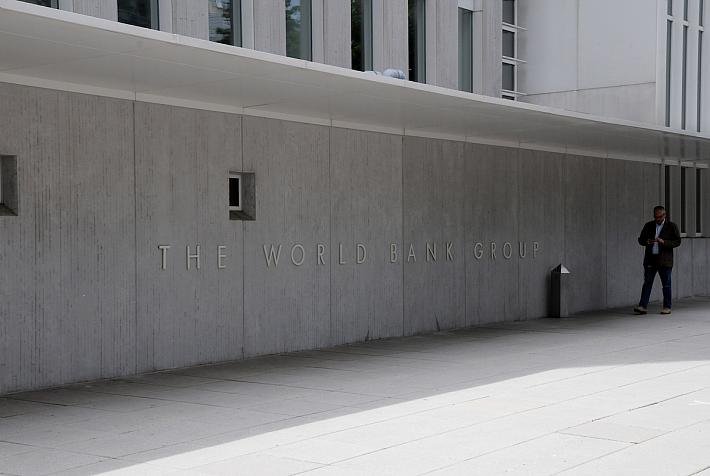International media highlights restrictions on working rights of Romanian and Bulgarian students in the UK
Romanian and Bulgarian students at universities and colleges in the UK face extra obstacles to getting part time work. An article in The Independent by Madalina Ciobanu, a Romanian student in the UK, asks why the UK is biased against students from Bulgaria and Romania, highlighting the extra documentation people from the two countries need when applying for work. EU news website EurActiv refers to The Independent article, but goes further, saying that what the UK is doing is not only unfair – it also contravenes EU law. The restrictions on students come under the transitional controls umbrella, which the UK has extended until 2014 – the maximum possible seven years.
Romanians and Bulgarians need a special yellow card to work in the UK and getting one is far from easy. “They must apply for it by sending a completed 15-page form, proof of identity and address, bank statements, sponsorship evidence, a declaration that states they will not become a burden on the British state and the recently introduced comprehensive sickness insurance,” writes Madalina Ciobanu in The Independent. Prospective employers must also apply for a work permit to The UK Home Office and the letter of the approval needs to be included when submitting the documentation for the yellow card. The waiting time for approval, up to six months according the UK Home Office, is yet another difficulty Romanian and Bulgarian students face, many of whom rely on part time work while studying in the UK.
According to EurActiv, somewhat perversely, it has become more difficult for Romanian and Bulgarian students to legally work part time since the two countries joined the EU. Students from anywhere else in the world are entitled to work up to 20 hours with minimal hassle from the UK authorities. This, according to EurActiv, is where the UK is flouting EU law. The article argues that transitional controls are one thing, but granting less rights and greater restrictions to EU citizens than non-EU citizens is contrary to the EU charter on rights of free movement.
Both articles appear to have identified something that is at the least unfair and possibly against EU law too, but there are perhaps more points to consider. Neither article mentions the possibility of racial discrimination in law. Transitional controls and EU legislation aside, the yellow card system singles out two races of people and restricts their rights. The UK neither treats Romanian students the same as students from anywhere in the world nor with the extra rights and freedoms member states grant EU citizens.
With other Balkan states in the accession process, the UK's policy also appears to foster a two tier EU idea, contrary to the founding principles of the Union. The transitional controls for Romania and Bulgaria expire in 2014, and the question is whether the UK will apply similar rules to upcoming member states, such as Croatia.
Read The Independent article and the EurActiv article.
Liam Lever, liam@romania-insider.com












